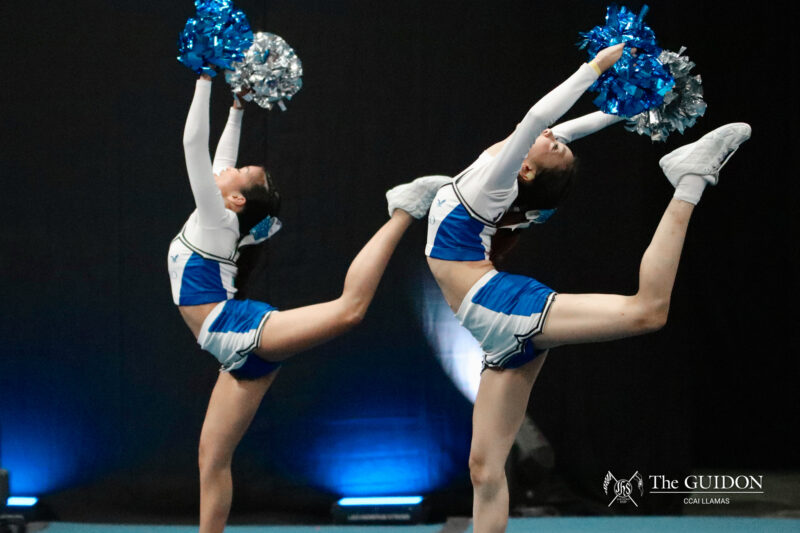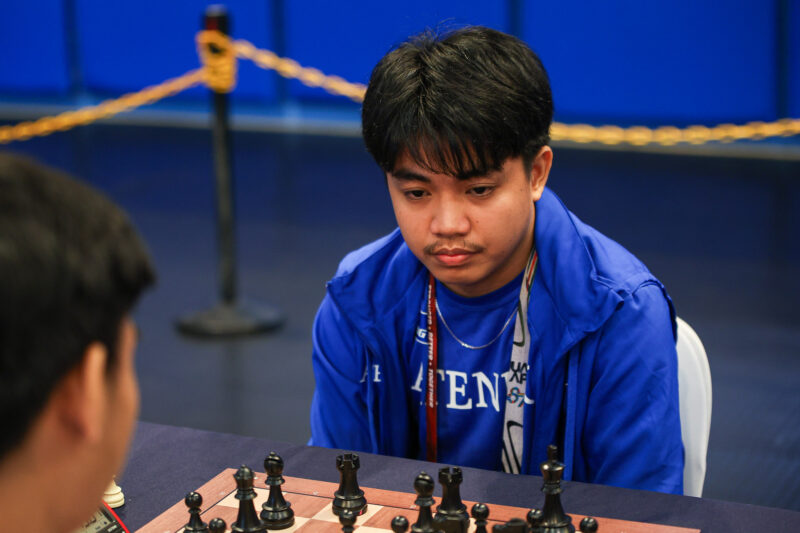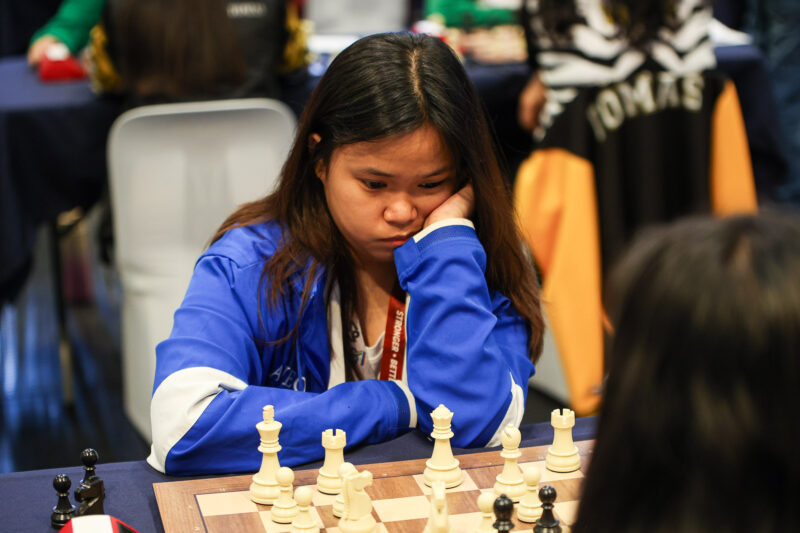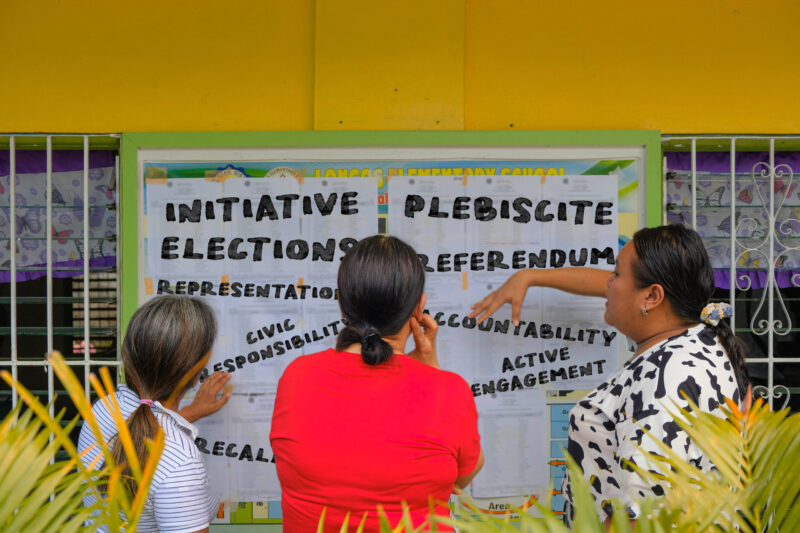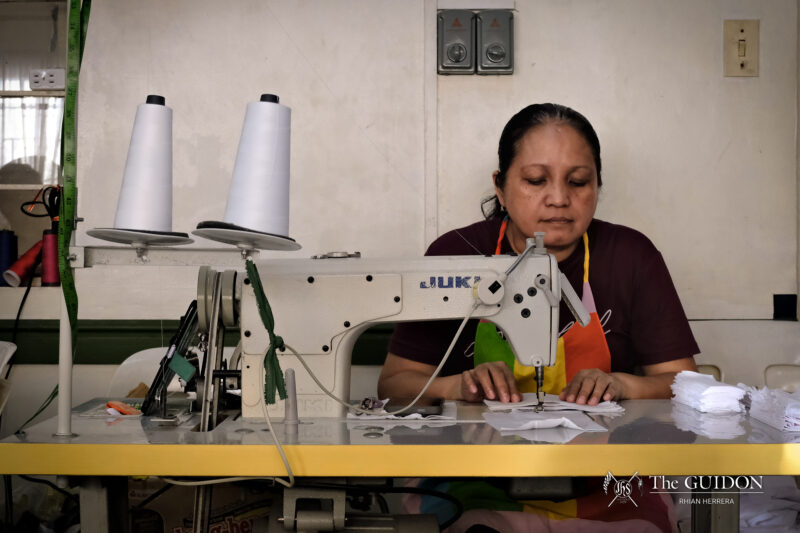THERE HAS been a long-running debate about the role of athletes in political issues. Some critics believe that athletes lack the expertise to delve into such topics, while fans say that they should simply stick to competing and entertaining their followers.
In the United States of America (USA), Fox News journalist Laura Ingraham exhibited these views when she criticized basketball superstar Lebron James, who remarked that an invitation to the White House used to be “a great honor” until US President Donald Trump came to power. Ingraham even went so far as to say, “It’s always unwise to seek political advice from someone who gets paid $100 million a year to bounce a ball… Shut up and dribble.”
Beliefs like Ingraham’s have unfairly barred sports figures from speaking out against social issues that are affecting them and their countrymen. With so much injustice going on in the world, athletes—whose lives are also affected by these social issues—should be encouraged to take a stand. When there is an apparent threat to any member of society, the act of speaking up becomes every citizen’s responsibility.
A threat to one is a threat to all
For the past month, the Black Lives Matter (BLM) movement has raged on after former police officer, Derek Chauvin, murdered 46-year-old Black American George Floyd. Millions of people quickly took to the streets worldwide, calling for an end to police brutality against black lives.
In an interview with CNN Philippines, former Blue Eagle Chris Newsome—who is of Filipino and African-American descent—shared his own experience of racial discrimination in the US. Newsome recounted that when he was in high school, authorities responded to reports of a rowdy sports fan in a Chili’s branch that he and his teammates were in. Police officers who arrived at the scene pinned Newsome and his black teammates to the ground while his white teammates were asked to stand aside.
“That could have been the end of my journey if the situation…got out of hand,” Newsome shared.
As Americans continue to fight for black communities’ right to life, Filipinos remain steadfast in confronting faces of injustice back home—one of those being Congress’ approval of the Anti-Terrorism Bill despite public outcry.
Soon after Congress passed the Anti-Terrorism Bill, some athletes were quick to prove that their voices were just as important as anyone else’s in the fight against a legislation that can be potentially abused to silence voices of dissent. Amateur basketball players such as Thirdy Ravena, Kobe Paras, and CJ Cansino spoke out against the bill, earning the praise of Newsome. “The people need them. There are lots of people out there that don’t have a voice that need to be heard,” said Newsome.
However, their voices fell on deaf ears as President Rodrigo Duterte signed the Anti-Terror Bill into law earlier today. The issue has been highly contentious on social media, and now, more than ever, we need more people to speak out in order to be heard.
Sparking change off the court
Although reform to any oppressive system cannot happen overnight, there are small steps that anyone can take. Newsome particularly emphasized the importance of being educated on the nuances of any issue.
Still, even equipped with this knowledge, athletes may find it difficult to find their voice given the context of their careers. “They have to be very careful, in the sense that they are representing a team, they are representing a city, they’re representing so much more than themselves,” said Newsome.
However, this fear can be mitigated by harnessing athletes’ networks. Newsome and other stars from the Philippine Basketball Association came together to condemn Floyd’s death by taking a knee for almost nine minutes, holding placards that wrote, “Could’ve Been Me.”
Former Queen Eagle, Gretchen Ho, has also utilized her reach to help Filipinos cope during the COVID-19 pandemic. Ho has been disseminating useful information through her social media about the pandemic, the Anti-Terrorism Bill, and other important current events. She even gave away bicycles to a few workers who had been walking along EDSA. Like many other Filipinos, these workers were left with no other option but to travel hours on foot as a result of the lack of contingencies following public transport restriction protocols.
Other athletes have also become instruments of change. Paras, for example, also raised funds to help those arrested in the University of the Philippines Cebu protest post bail. Meanwhile, players from the National Basketball Association participated in BLM protests—some of them have even considered sitting out the season’s return to prevent any distraction from the BLM movement.
The importance of utilizing their influence cannot be understated as, like Newsome said, there are countless others who are being blatantly silenced. Ultimately, all athletes have the responsibility to speak out against the issues that affect them and their countrymen.
A call to action
As the Philippines continues to face the government’s underhanded attempts to threaten democracy, millions of Filipinos find themselves voiceless. With the silencing of critical voices, journalists, and activists, it remains the duty of every citizen—especially those who hold great power to influence others—to step up for their fellow countrymen. With their massive following, athletes have a heightened ability to advocate and demand for change off the court.
Athletes are citizens first and sportspersons second—not only are they tasked to serve as role models to their fans, they must also educate themselves on national realities and use their platforms to amplify our society’s muted voices. In a time when criticism of the government and political opposition are met with threats to our Constitutional rights, it has become all the more important for athletes to do more than just “shut up and dribble.”


